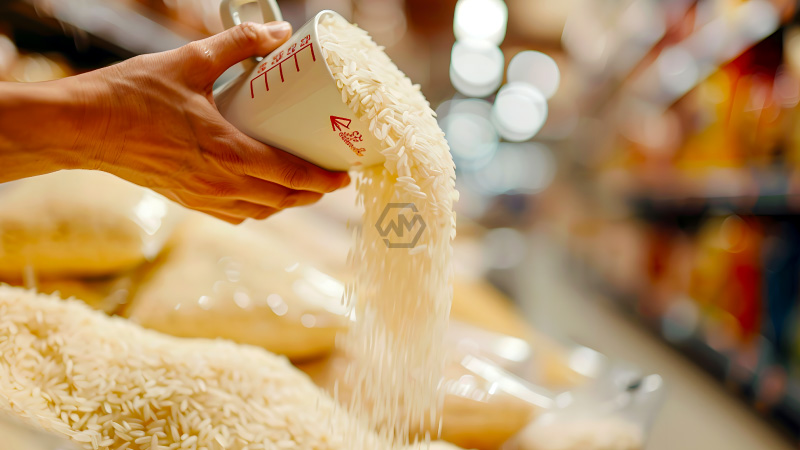- Malaysia’s local and imported white rice mixing has been ongoing for 50 years without regulation.
- The government is now drafting laws to regulate and price mixed rice.
- Reforms include governance restructuring, price reviews, and DNA-based rice identification.
The Malaysian government has acknowledged that rice mixing between local and imported varieties has been an unchecked practice for the past five decades.
Among the proposed reforms are revising the Control of Padi and Rice Act, strengthening enforcement, and introducing scientific verification of rice varieties. The government is also providing subsidies to ensure that local white rice remains affordable.
Malaysia Moves to Regulate 50 Years of Uncontrolled Rice Mixing
The uncontrolled mixing of local and imported white rice in Malaysia has persisted for over five decades, creating challenges in price stability and transparency. Despite previous inaction, the government now seeks to regulate this long-standing practice by setting legal provisions, refining enforcement mechanisms, and reviewing pricing structures to support all stakeholders.
One of the main concerns is the imbalance between farmers, wholesalers, and consumers. Farmers demand higher prices for sustainability, while millers and sellers prioritize profit margins, and consumers seek affordable rice. Without price adjustments and regulatory oversight, these competing interests have led to instability in the supply chain.
To address these issues, authorities have initiated large-scale reforms, including creating an independent regulatory agency and restructuring governance to avoid conflicts of interest. DNA technology is also being introduced to distinguish rice varieties accurately, ensuring that local rice supply remains uncompromised.
The government’s proactive approach includes a RM150 million subsidy to maintain local white rice at RM2.60 per kg, easing the financial burden on consumers. By implementing long-overdue regulations and price controls, Malaysia aims to strengthen its rice industry while ensuring long-term food security.
The new regulatory efforts mark a turning point in Malaysia’s rice industry. By balancing economic interests with consumer needs, the government is taking critical steps toward transparency, stability, and food security.
“The greatest threat to our planet is the belief that someone else will save it.” – Robert Swan



